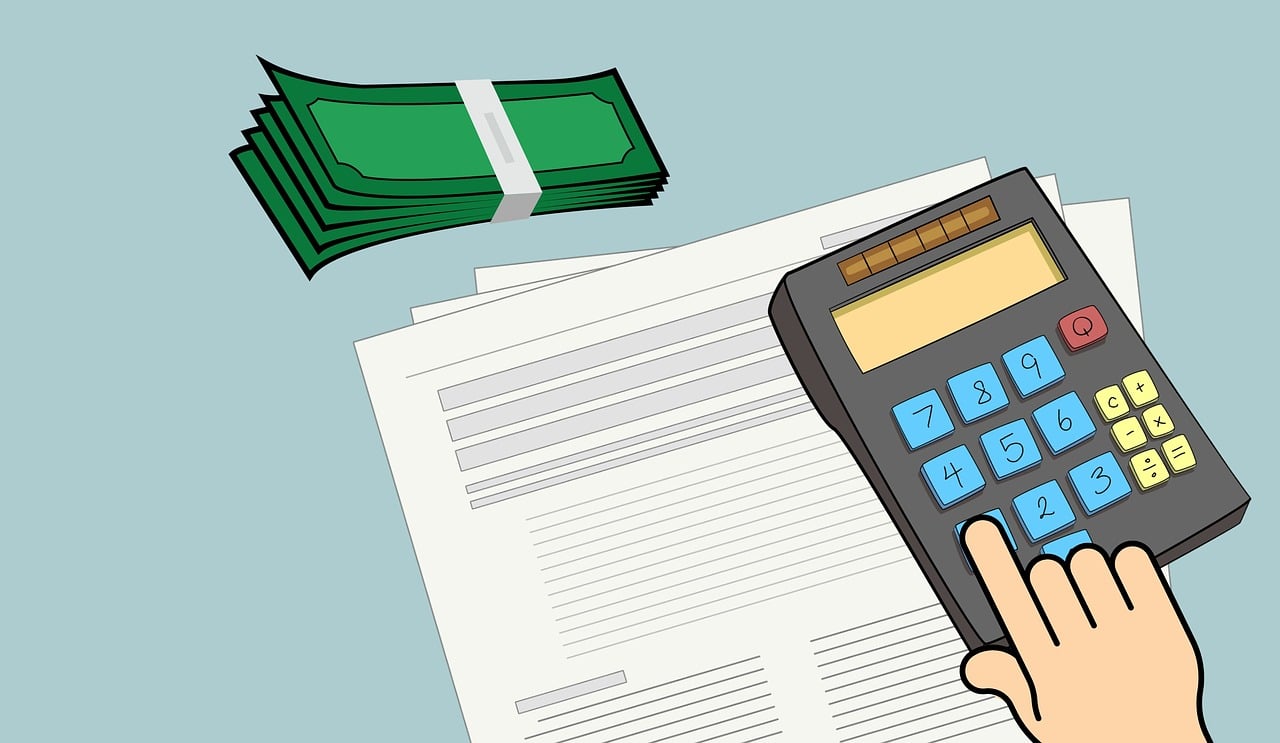The landmark tax reform created ripples when it was announced. But now, it seems that it has gathered a momentum. At least the recent meeting held on 10th January 2019 confirms it so. In this meeting, the government made key GST changes to to reduce the burden of small tax payers and to bring certainty in ambiguous tax matters.
Some of the decisions have been implemented from April 1, 2019, and yet others are on its way. Here’s a sneak peek at the circulars and notifications issued by CBIC on March 7, 2019.
Composition Scheme for Service Providers
Earlier the scheme was valid for the suppliers who were in a profession to supply the goods and it was not applicable for the service providers except restaurant and catering services. But now, the scheme is effective for all the service providers subject to certain terms and condition. The supplier must supply goods in the same state and the aggregate turnover should not exceed Rs 50 lakhs during the financial year. The scheme is not applicable to the service providers who are offering their services in different states through e-commerce websites. Thus, chartered accountants, architects will not come under the purview of this scheme.
New Turnover Limit for GST Registration
According to the law, the business is required to register for GST if its sales turnover exceeds Rs 20 lakhs.
Now one of the major GST changes i.e. threshold limit has been increased to Rs 40 lakhs if the supplier is primarily engaged in the supply of the goods. In other words, we can say that a person who is a supplier and whose turnover doesn’t exceed Rs 40 lakhs is not liable to file for GST. This exemption is subject to certain terms and conditions like the supplier should not be engaged in interstate supply and he should not be a non-resident taxable person.
Increase in Turnover limit for Composition Scheme
The present threshold limit on gross turnover has been improved from Rs 1 crore to Rs 1.5 crore. In certain category states, the threshold limit has been increased from Rs 50 lakhs to Rs 75 lakhs. In this way, the tax payer can reduce the compliance burden as it won’t be mandatory to file returns on a monthly basis, the payer can file returns on a quarterly basis too.
Free Samples and TCS
The CBIC has issued various notification and circular regarding valuation of goods and reversal of ITC with respect to free sample and promotional goods distributed by a taxable individual.
CBIC has clarified that the value of supply should not entail taxes, duties, fees and charges under any law except GST. The CBIC has further notified that if the supplier collects the TCS form from the buyer on the sale of a product, then the GST will not be collected from the supplier and this has been notified through the circular dated December 31, 2018.
Annual Return Forms GSTR-9 and GSTR 9A
The GSTR form is now available on the portal and the income tax assesse can access it easily. The last day of filing the returns for Financial Year 2017-18 is June 30, 2019.
All businessmen and professionals shall keep track of the key GST Changes effective 01st April 2019.










Pingback: Budget 2019- Why MAT Removal is Good for Indian Economy?